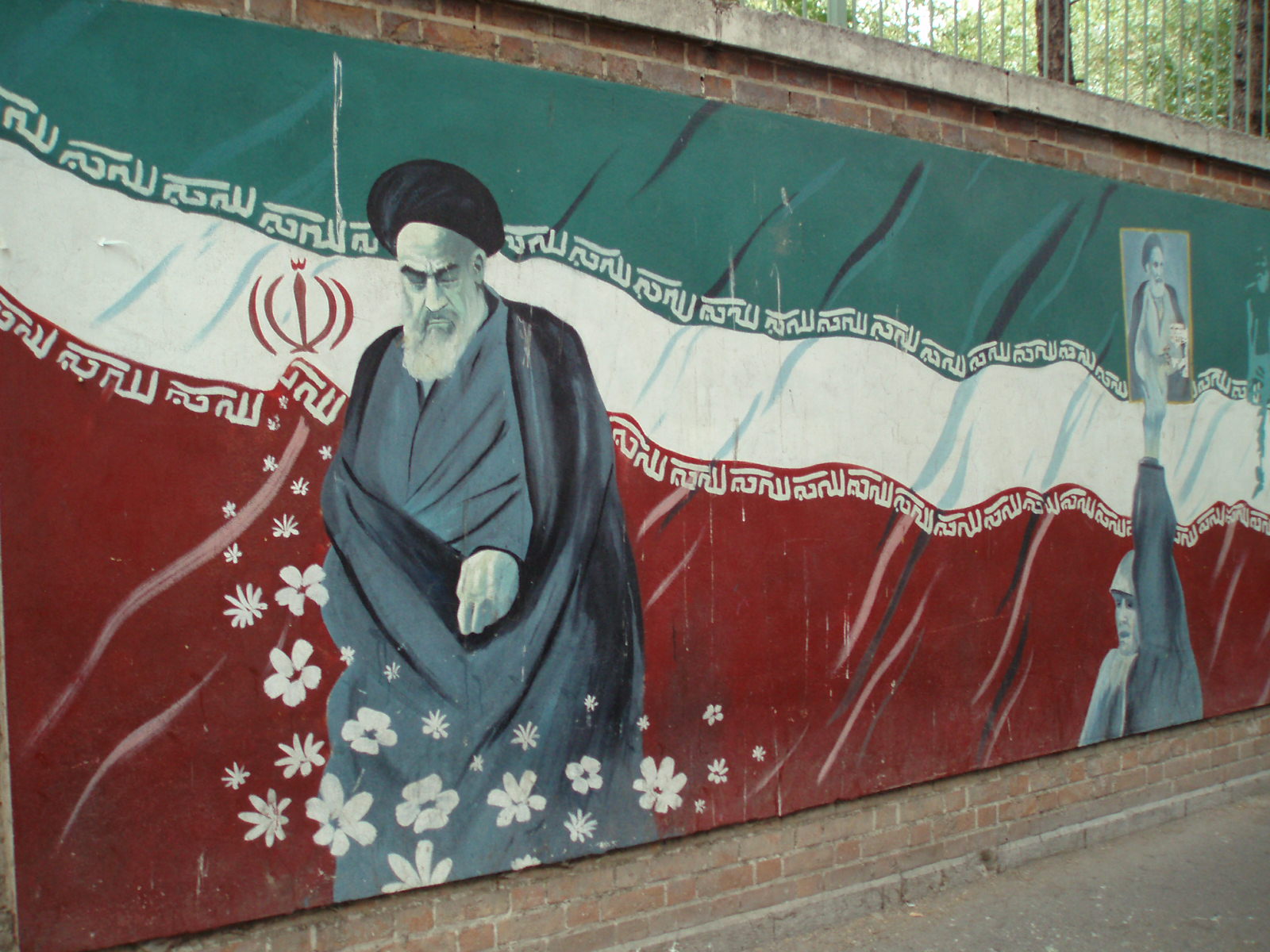The following is the Dec. 13, 2023, Congressional Research Service report, Israel and Hamas 2023 Conflict In Brief: Overview, U.S. Policy, and Options for Congress.
From the report
On October 7, 2023, the Palestinian Sunni Islamist group Hamas (a U.S.-designated foreign terrorist organization, or FTO) led surprise attacks against Israel from the Gaza Strip by land, sea, and air. The assault came on a Jewish holiday, 50 years after the Egypt-Syria surprise attack on Israel that sparked the 1973 Yom Kippur War. The violence, scope, and lethality of the October 7 assault stunned Israelis. The apparent intelligence and operational failures in preventing the assault have become a subject of analysis for Israeli and U.S. officials. Iran reportedly provides material support to Hamas, and according to U.S. officials may be complicit in a broad sense, but President Joe Biden said in October “there is no evidence” that Iran helped plan the attack.
In response to the October 7 attacks, Israel’s cabinet formally declared war on Hamas. Israel has conducted aerial bombardment and ground operations in Gaza, and halted electricity, food, and fuel supplies to Gaza from Israeli territory. The United Nations has stated that the situation in Gaza, with more than 1.9 million Gazans displaced (out of a population of approximately 2.1 million people) constitutes a major humanitarian crisis—having already faced dire economic and humanitarian conditions before the conflict. Some goods are entering Gaza via Egypt, but U.S. and U.N. officials have sought to boost this aid.
Reportedly, more than 1,200 Israelis and foreign nationals (including 35 U.S. citizens in Israel) and more than 18,200 Palestinians in Gaza have been killed as of December 12. Hamas and other groups also seized around 240 hostages on October 7. Via talks involving Qatar, Egypt, and the United States to address the hostage situation, Israel and Hamas agreed to a multi-day pause in fighting in late November. During the pause, 110 hostages held in Gaza and 250 Palestinian prisoners held by Israel were released. Hamas and others reportedly hold more than 130 persons, including about eight Americans.
Israeli Prime Minister Benjamin Netanyahu initially announced that Israel’s military objectives were “To destroy the military and governmental capabilities of Hamas and bring the hostages home.” As of mid-December, the Israel Defense Forces (IDF) seems to control much of northern Gaza above ground, and has entered the southern Gaza city of Khan Yunis largely to target Hamas’s leadership. The group’s network of tunnels makes urban warfare more challenging. Israel may maintain the intensity of its ground operations into early 2024, and pursue the overall campaign for a “year or more.” The Biden Administration has stated that Israel has the right and obligation to defend itself, and has resisted calls from other international actors for an indefinite cease-fire. However, U.S. leaders may be seeking for ways to deescalate and eventually help end the conflict, and have reportedly urged Israel to be more precise in its targeting of Hamas to limit further civilian casualties, amid debate regarding how the prosecution of the conflict may affect long-term outcomes.
There are risks that the conflict could expand. For example, the Iran-backed Shia Islamist group Lebanese Hezbollah (another FTO) has exchanged fire with Israel and could create a second front at the Israel-Lebanon border. U.S. statements and actions, including expedited arms deliveries to Israel and the movement of major U.S. military assets, appear intended to warn Iran and its allies not to get involved. Additionally, amid violence and tensions between Palestinians and Israelis in the West Bank, President Biden has called for attacks by “extremist settlers” against Palestinians to stop, and the Department of State has announced a visa restriction policy aimed at those who undermine “peace, security, and stability” in the West Bank.
Prime Minister Netanyahu has said that Israel will have indefinite security responsibility for Gaza after the conflict, and opposes the West Bank-based Palestinian Authority (PA) returning to power there. U.S. officials have expressed support for a resumption of PA administration in Gaza after the PA undertakes certain reforms, and have said that any potentially transitional Israeli security presence should permit this eventual outcome, in connection with efforts to move Israel and the Palestinians away from violence and toward a two-state solution.
In October 2023, President Biden asked Congress to appropriate more than $8 billion in U.S. security assistance for Israel, and more than $9 billion in global humanitarian assistance amounts that could partly be allocated for Gaza, the West Bank, and Israel. Members of Congress have expressed differing views on the request and its various elements, with the House passing H.R. 6126 and the Senate Appropriations Committee introducing S.Amdt. 1371 to H.R. 815.
Download the document here.





